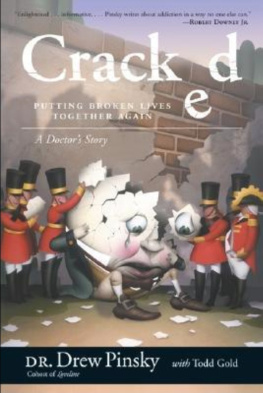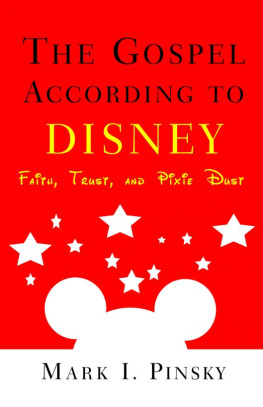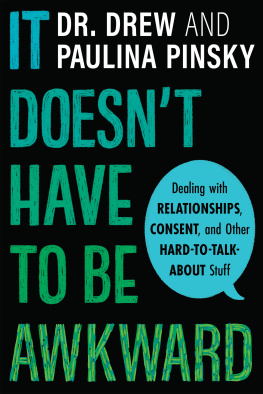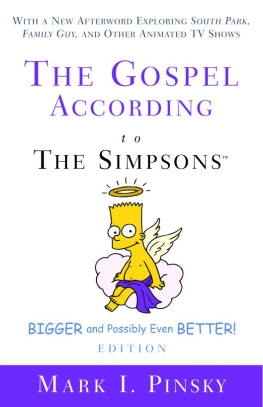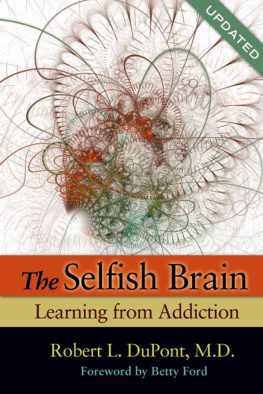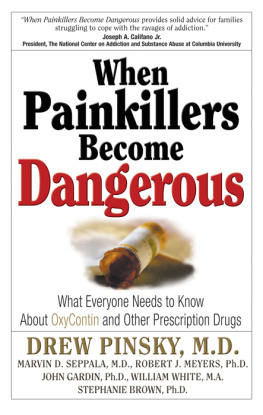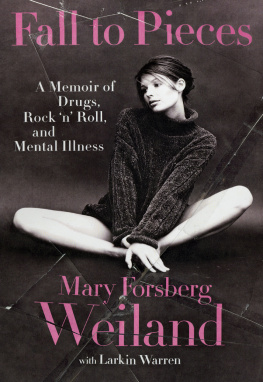
Cracked
PUTTING BROKEN LIVES TOGETHER AGAIN
A Doctors Story
DR. Drew Pinsky with Todd Gold

For my wife and children
Contents
FROM THE ROAR of the crowd in the bleachers, I
ITS THE SECOND week of a warm August. Early morning.
AFTER A TWODAY absence from the unit, Im greeted at
AS A CHILD, I feared the man with the red
ITS AFTERNOON, AND Im in the conference room with a
I GET TO the unit at about eleven oclock, happy
EARLY THE NEXT morning I go online and check my
HOW IS SHE? I ask Alexi.
LOS ANGELES HAS two distinct flavors. By day, its a
AFTER TWO DAYS off from the unit, I come back
WHEN I ARRIVE home, I find my wife on the
WHEN I GET off the airplane I feel half dead,
ON HER WAY to have lunch, Amber suffers the first
DID YOU KNOW Katherine gave me a good-bye hug? I
RICHARD NORTON WAS taken to the hospital during the night.
LINSEY THINKS SHES fat. Or that shes getting fat. Or
ITS AFTERNOON. IM on my way to the treatment teams
PATS COMMENTS MAKE me toss and turn through the night.
HOWD IT HAPPEN? I ask. One minute two patients are
NOT EVERYONE GETS a break.
UNFORTUNATELY, AFTER ALL my attention to Amber, Im in New
THE WAIT ISNT long. A few days later, Max is
ON THE DAY Amber returns to the unit, Im treating
FOR THE NEXT two days, I am useless. I stay
IT IS TWO days later, and I am listening to
ITS A LOVELY afternoon, several months later, and I step
THE NEXT DAY is Saturday, and I stop at the
F ROM THE ROAR of the crowd in the bleachers, I know Ive missed something good. Its Sunday afternoon, and I am being torn apart. Actually, Im tearing myself away from the Little League field, where my ten-year-old sons, Douglas and Jordan, are in a tight spot in the middle of a game. Just a few moments ago I was yelling hitting tips to the boys as my wife, Susan, and my daughter, Paulina, gave me what-are-you-doing-type looks. Then, with Douglas on first and Jordan at bat, my beeper went off. Now Im headed to the hospital, a medical problem in front of me and a ballgame left behind.
Welcome to my life. Sure, Im happily married, the father of triplets to whom Im devoted. But Im also chief doctor at a chemical dependency unit. So as much as I love watching my sons play ball, and probably could have done so today without risking anyones life, I know I wouldve been on my cell phone the whole timeor at least long enough for Susan to say, Just go.
Thats why Im weaving through traffic, grim-faced, while talking to Kathy, the evening charge nurse. Though shes normally even-tempered and in control, I can hear shes pissed, anxious, and overwhelmed. That alone tells me a lot about the patient: Shes a borderline, a trauma survivor, someone whos projecting her pain onto everyone around her, including the nurse.
Its wild over here, says Kathy, almost chuckling; she realizes shes deflecting the patients chaos onto me. Sorry.
Its okay, I say. Im in the car now, though; I can hear you. Run me through it me again.
I just took in a new patient. Shes a twenty-eight-year-old female. Taking thirty to fifty Vicodin a day. Nine milligrams of Ativan. She says thats it. I placed a clonidine patch. She started the narcotic protocol.
Add in the phenobarb protocol starting at two hundred and forty milligrams. With sixty Q6 PRN. Routine labs. Pregnancy test if you think its appropriate. Any IV drug history?
No. But I have a problem.
Whats that? I ask.
Her mother is here. Shes hystericalshe wants to talk to the doctor right away. Like its not soon enough, if you know what I mean.
I hope you set some limits with her.
I tried, but shes really out there. Shes beyond wanting to know whats going to happen during treatment. Shes major drama.
Indeed she is. When I get to the hospital, I find the woman in mid-flipout. I take her away from her daughter and put her in an empty office. Did I smell alcohol on her breath? Do I have another patient here? She doesnt seem to be impaired, but I wonder if shes going to be a problem later on. I wonder if I should let her drive.
As these and other questions run through my mind, she continues on the attack. Whats going to happen to my baby? she asks.
Well finish detoxing to let her brain settle down so she can begin to think more clearly and engage in the emotional experience of recovery. There are lots of group meetings. Shell get a sponsor. Shell learn how to develop genuine relationships and meaningful connections with other people. And shell
No, this is not right, she says. This is typical of how you people have treated my daughter since we arrived. Its all talk, excuses, and explanations. But you saw my baby. Did you see my baby?
I did.
Shes in pain. She can barely stand it. No one has said a thing about medication, treatment, maybe physical therapy. Weve been here an hour. What are you doing to help her?
I see more than impatience in this womans eyes. Feeling abandoned without her daughter to prop her up, shes brought her here under the illusion that treatment will be no different than taking her car into the shop. Unfortunately, she cant just pick her daughter up at four oclock, overhauled and ready for another five thousand miles. Like most people, this mother doesnt understand what we do. Besides the patients, doctors, and nurses, few people ever get a glimpse of what treatment is really all about. You have to be there, present and involved, because its not something that can be explained cognitively. Its an experiential process of growthindeed, of brain change.
I cant tell you when shell be better, I say. Treatment takes time. If I told you anything different, it would be a lie.
But that isnt good enough for her. Midway through my explanation she loses her temper, bursts out of the office, finds her drug-addicted daughter, and drags her down the hall toward the exit. Theres chaos and confusion. Everything is crazy for a few moments. This is all bullshit! she yells. You people dont know what youre doing! Then the two of them screech out of the parking lot, leaving Kathy and me standing in front of the unit.
I just shake my head and go back inside.
I T S THE SECOND week of a warm August. Early morning. The first one in my family to rise from bed, I shuffle into the kitchen, start the coffee, and get the newspaper at the end of the driveway. We live in a ranch-style home perched on the edge of a canyon in the hills above Pasadena, with deer and coyotes on the prowl, and its so lovely and quiet at this hour I might as well be five hundred miles from the harshness of the city.
The headlines snap me back to reality. I read the Los Angeles Times sports section, sip coffee between box scores, and enjoy the quiet. Soon my wife, Susan, joins me, followed by the triplets, age ten, who gobble down breakfast, give us kisses, and go off to summer camp.
Outside, the sun begins its climb into a clear blue sky, and I know its going to be, in the words of Randy Newman, another perfect day in L.A.
Perfect for some, perhaps. But not for my patients in the chemical dependency unit at Las Encinas Hospital, a no-frills, twenty-twobed facility popularly known as rehab. The truth? For many who occupy those beds, its their last chance before death. To me, it encompasses everything from desperation to the miracle of giving someone a second or third chance at life, at a better life, actually, than they ever dreamed of being able to have.
Next page
